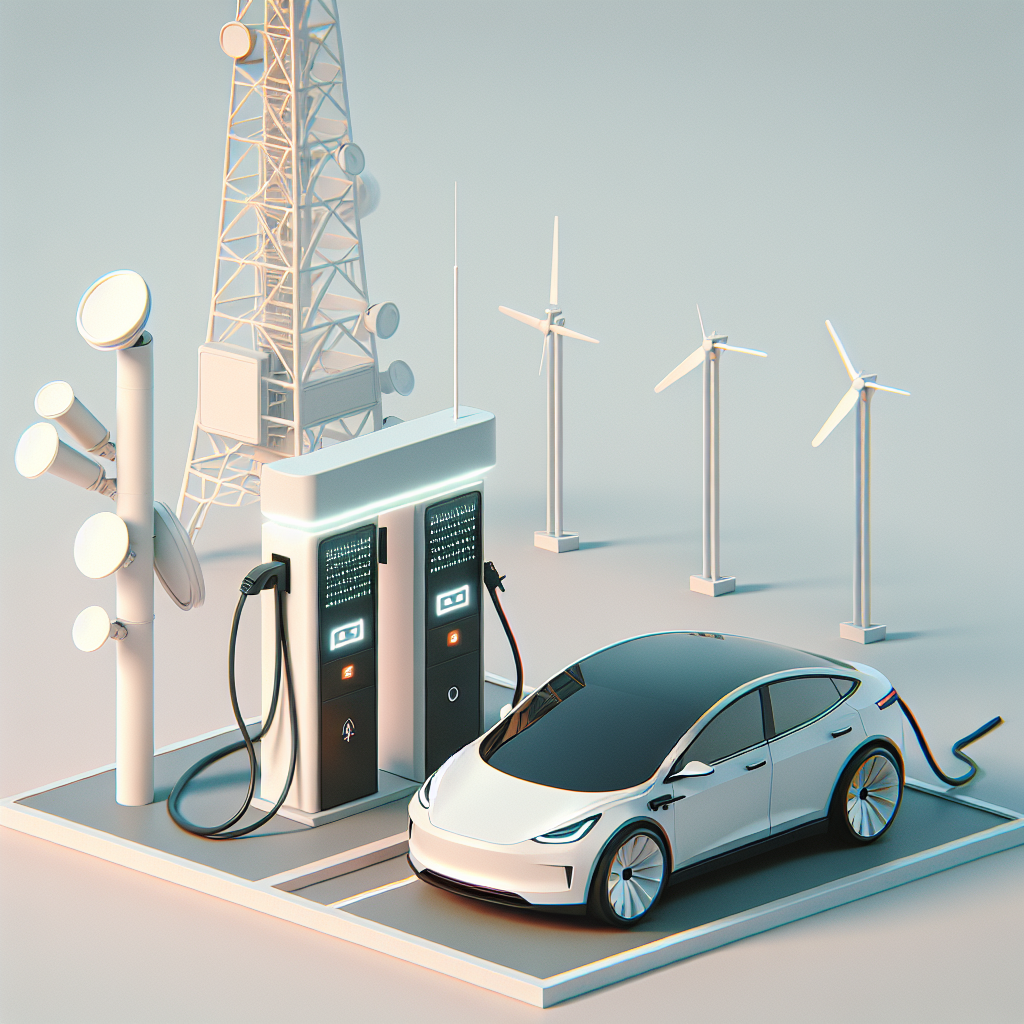BT Withdraws EV Charging Ambitions, Shifts Focus to Wi-Fi Connectivity

BT's Ambitious EV Charging Initiative
In a surprising turn of events, BT, the UK's historic telecommunications giant, has announced its decision to retract from its previously ambitious plan to repurpose old street cabinets into electric vehicle (EV) chargepoints. The original proposal was to convert 60,000 of its street cabinets, which have been rendered redundant through the rollout of full fiber broadband, into charging stations for the burgeoning electric vehicle market.
The initial conception, introduced a year ago, gained significant traction and interest due to the convenience these already-electrically-connected cabinets offered. However, the company has now confirmed that these plans will be shelved after a pilot project in East Lothian, Scotland, demonstrated unforeseen challenges and complexities.
The Rollback
Reports emerged that BT's sole EV chargepoint, set up during this pilot, will be removed. The fundamental issues faced included unexpected regulatory hurdles and maintenance demands. The task of converting these cabinets proved more cumbersome than initially estimated, potentially due to the need for numerous permissions and readiness to handle the infrastructure's physical and operational demands.
Furthermore, the challenge of maintaining these chargers on a large scale was an overwhelming concern. As many EV drivers have noted, out-of-order public chargers present significant inconveniences. To tackle these operational issues, a significant workforce would be necessary, and it seems BT deemed this unsustainable in the long run.
Refocusing on Core Competencies
Amid these challenges, BT has opted to pivot towards addressing Wi-Fi connectivity concerns. The shift is likely due to BT’s realization of its strengths in connectivity, aligning with its existing business model. Many EVs are now equipped with advanced systems requiring stable internet connections, and this shift could tap into a growing market need for seamless in-car internet services.
The cessation of the charging program is a setback for EV enthusiasts who hoped for an increase in available public charging points. As it stands, the UK's infrastructure growth exceeds expectations, with known installations peaking at 73,699 charging points across over 37,000 locations, according to eMobility provider ZapMap.
The Future of EV Charging in the UK
The UK government remains optimistic, targeting the installation of 300,000 charging points by 2030. While BT’s retreat might appear as a setback, the momentum in EV infrastructure development seems steadfast, bolstered by governmental and industry efforts
The National Audit Office has voiced confidence in meeting these targets, encouraging initiatives that balance network expansion with regulatory and logistical feasibility. Meanwhile, BT’s redirection highlights the dynamic landscape of telecoms and technology, as companies navigate challenges to innovate and adapt their strategies to contemporary market needs.



Comments ()